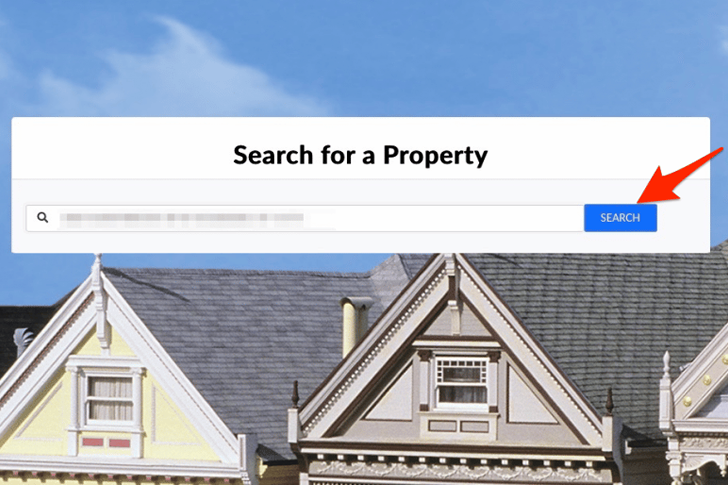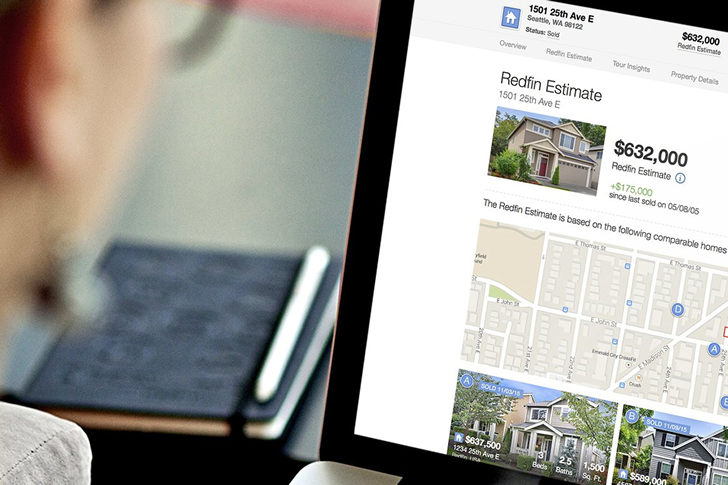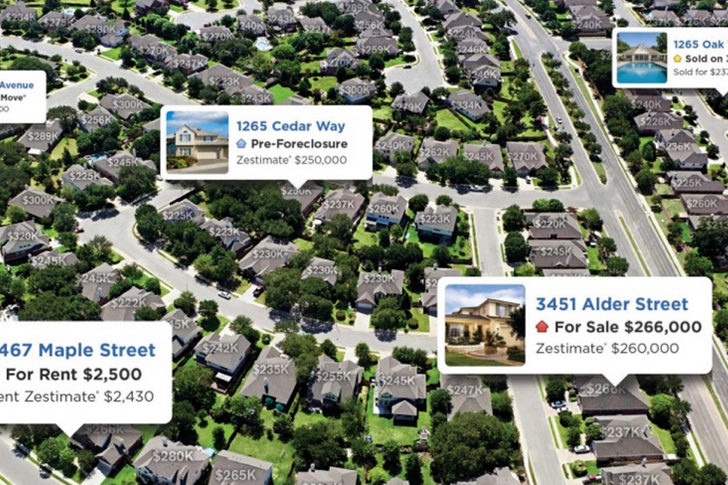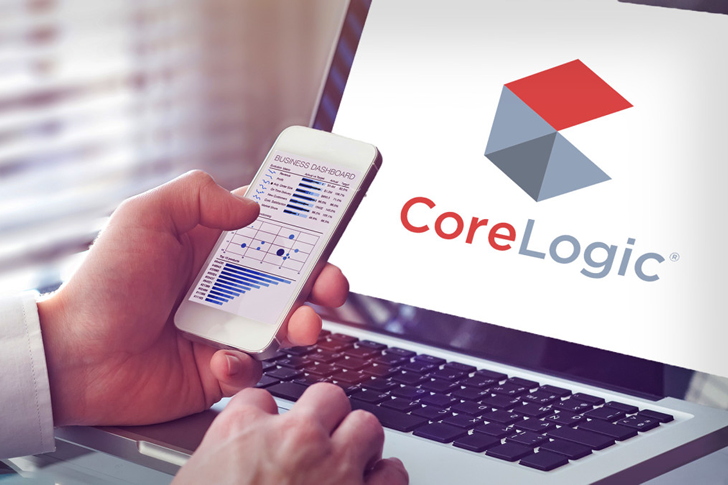What’s Your Property Really Worth? Insights into Home Pricing
Ever wonder why two seemingly similar homes can sell for dramatically different prices? From the economic trends swaying market conditions to the subtle charm of curb appeal, we’ll uncover the secrets behind property pricing and reveal how you can accurately determine the worth of your biggest investment.

In an ever-changing real estate market, understanding the worth of your home is more crucial than ever. Several factors influence the current market value of properties, from economic trends to local developments. This article explores how you can estimate your home’s value and the elements that significantly impact these figures.
Factors Influencing Home Value
Several key factors play a role in determining the value of a home. Here’s a quick look at the most significant ones:
- Location: Proximity to good schools, employment opportunities, and amenities.
- Condition of the Property: Age of the home, architectural style, and any recent upgrades.
- Market Trends: Current demand for homes in the area and general economic conditions.
- Comparable Sales: Prices of similar homes recently sold in the neighborhood.
Estimating Your Home’s Worth
To get a ballpark figure of what your home might be worth, here are a few approaches you can take:
- Online Valuation Tools: Websites like Zillow or Redfin provide immediate estimates based on data such as recent sales and property features.
- Professional Appraisal: Hiring a certified appraiser gives a detailed report, crucial for refinancing or selling.
- Real Estate Agent: Local agents can provide a comparative market analysis (CMA), offering insights into how your home compares to similar properties.
How Market Conditions Affect Home Prices
The real estate market is influenced by broader economic indicators such as employment rates, interest rates, and the overall economic outlook. Here’s a quick analysis:
- Interest Rates: Lower rates tend to increase buyer affordability, thus driving up home prices.
- Economic Health: Strong economic conditions boost buyer confidence, while a recession can dampen it.
- Inventory Levels: Fewer homes on the market lead to higher prices due to increased competition.
Expert Insights: Q&A
Q: How often should I check my home’s value? A: It’s wise to check at least once a year or whenever significant market or neighborhood changes occur.
Q: Can home improvements significantly increase home value? A: Yes, especially updates in kitchens and bathrooms or additions like energy-efficient upgrades.
Q: What is the most common mistake homeowners make when estimating their home value? A: Many overestimate the value by not staying updated on local market trends and comparable sales.
Graphical Analysis: Visualizing Home Value Trends
1. Home Sale Prices in Various U.S. Regions (2022-2024)
Note: The prices listed are illustrative and based on generalized market trends observed over recent years.
| City/Region | Average Sale Price 2022 | Average Sale Price 2023 | Predicted Price 2024 |
|---|---|---|---|
| New York, NY | $800,000 | $820,000 | $840,000 |
| Los Angeles, CA | $750,000 | $770,000 | $790,000 |
| Chicago, IL | $250,000 | $260,000 | $270,000 |
| Houston, TX | $300,000 | $310,000 | $320,000 |
| Phoenix, AZ | $370,000 | $380,000 | $390,000 |
| Philadelphia, PA | $240,000 | $250,000 | $260,000 |
| San Antonio, TX | $230,000 | $240,000 | $250,000 |
| San Diego, CA | $670,000 | $690,000 | $710,000 |
| Dallas, TX | $340,000 | $350,000 | $360,000 |
| San Jose, CA | $1,100,000 | $1,130,000 | $1,160,000 |
2. Home Value Estimators
Note: The information provided is based on general assessments of these tools.
| Estimator | Cost | Pros | Cons | Accuracy Rating (1-10) |
|---|---|---|---|---|
| Zillow Zestimate | Free | Widely used, updates regularly | Sometimes inaccurate, generalizes | 7 |
| Redfin Estimate | Free | Offers real-time data, user-friendly | Limited by on-market data | 8 |
| Realtor.com | Free | Access to vast data, detailed reports | Can be less updated than others | 7 |
| Eppraisal | Free | Simple to use, quick results | Less detailed, fewer metrics | 6 |
| HomeGain | Free | Good for initial estimates | Basic, not as comprehensive | 6 |
| Chase Home Value Estimator | Free | Bank-backed reliability, detailed | Availability varies by region | 7 |
3.Best Ways To Increase Your Home Value
| Improvement | Description | Potential Value Increase | Estimated Cost |
|---|---|---|---|
| Minor Kitchen Remodel | Update with new cabinet doors, countertops, energy-efficient appliances. | Up to 72% of cost recouped | $15,000 to $20,000 |
| Bathroom Renovation | Modernize with new fixtures, fresh paint, updated lighting. | Up to 60% of investment | $10,000 to $15,000 |
| Energy-Efficient Windows | Replace old windows to improve insulation and reduce energy costs. | Up to 70% of cost recouped | $300 to $700 per window |
| Adding a Deck or Patio | Expand outdoor living space. | 65-90% ROI depending on materials | $2,000 to $5,000 |
| Landscaping | Professional landscaping to improve curb appeal. | Increase overall value by 10-15% | $3,000 to $10,000 |
| Finished Basement | Convert a basement into a finished living space. | Up to 70% of remodeling cost | $10,000 to $25,000 |
Sources for Real Estate Data:
- https://www.zillow.com/research/
- https://www.redfin.com/news/data-center/
- https://www.realtor.com/research
- https://www.remodeling.hw.net/cost-vs-value/2024/













Recent Comments